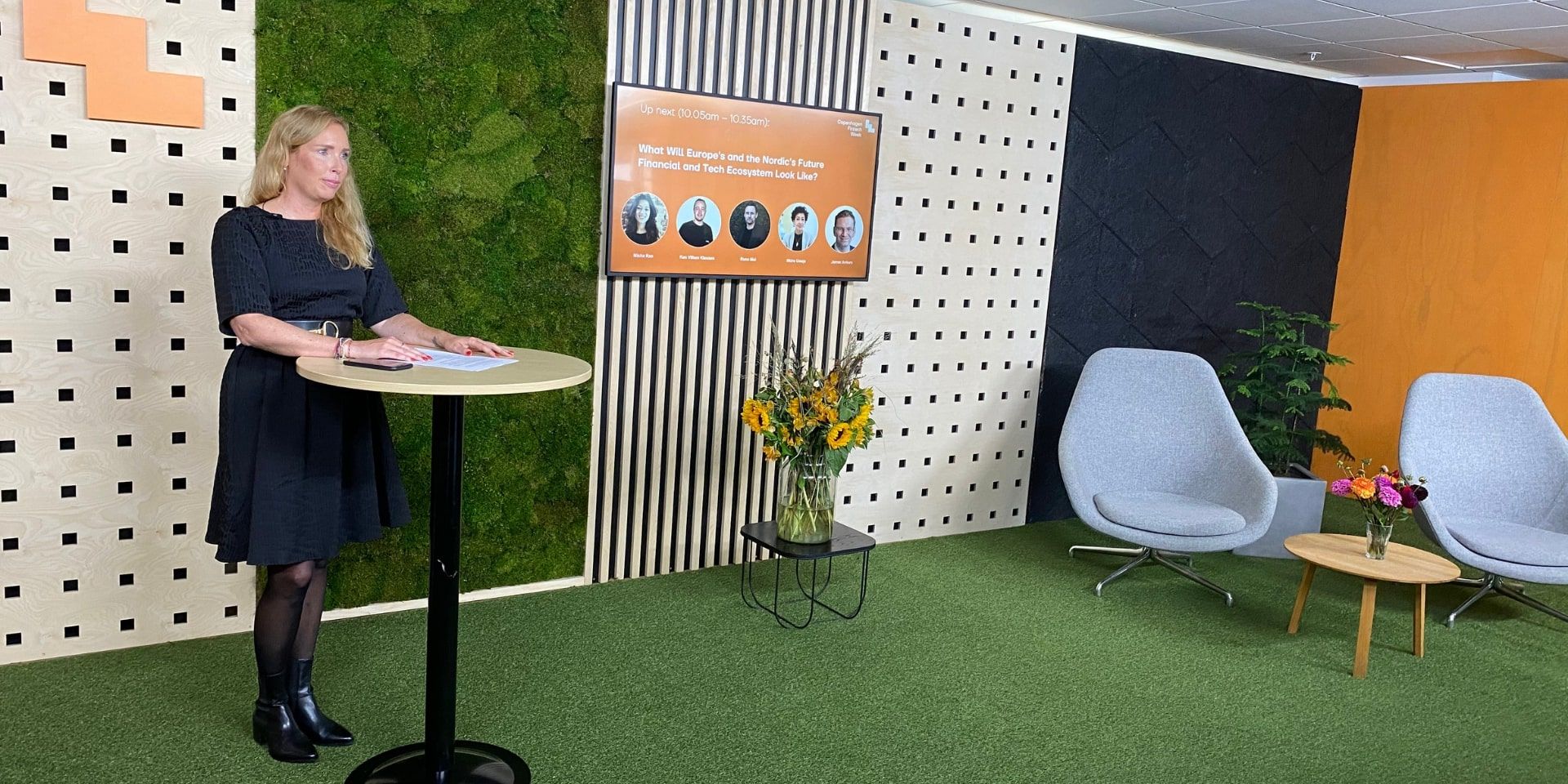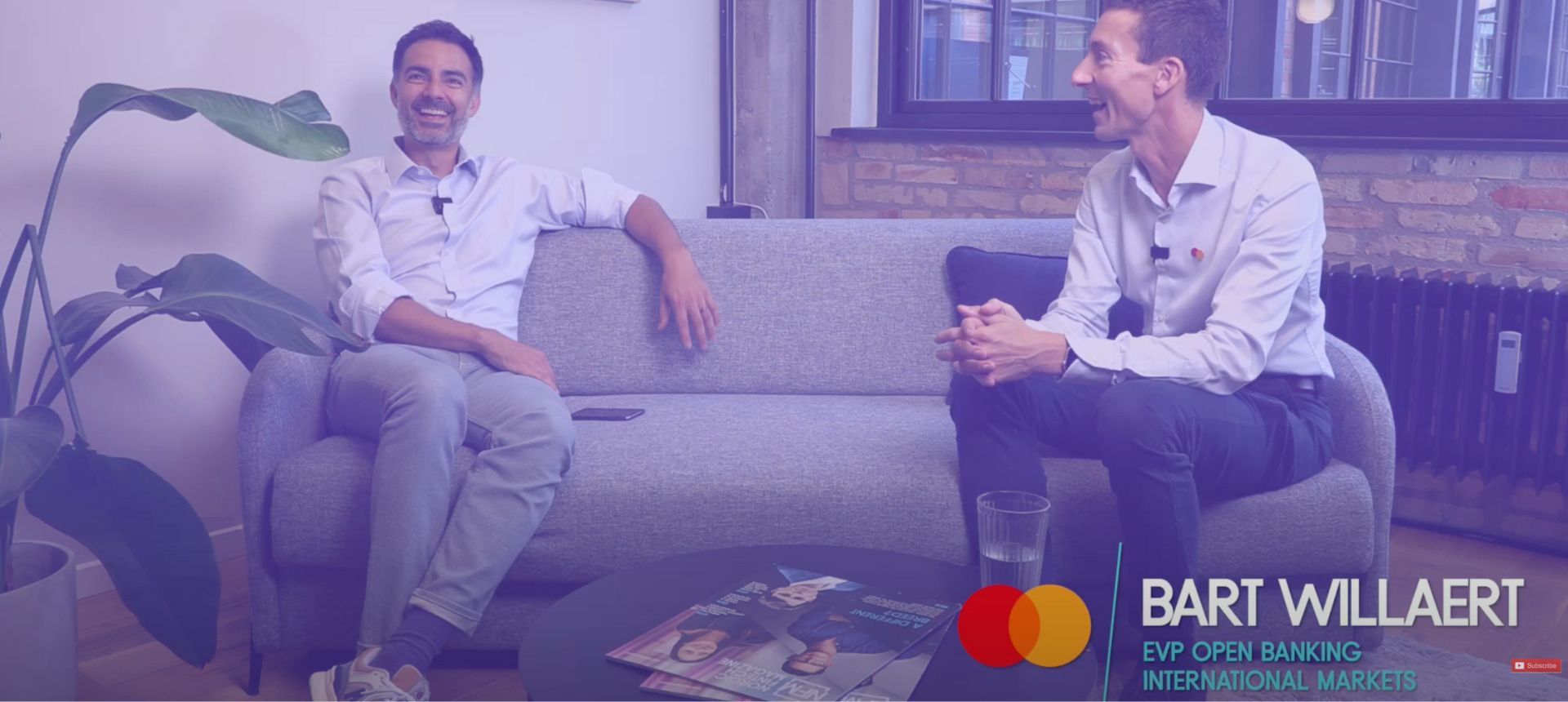
Is data the new renewable energy?
October 01, 2020 | Louise Basse
Data is the new electricity – or is it? Who should profit from my data? Banks, businesses, me? Others?
As the amount of information being shared around the world has exploded over the last decade, it’s become obvious that we’re in need of tools that help us manage and process this enormous amount of data.
At this year’s Copenhagen Fintech Week, our Co-founder and Data Protection Officer, Christian Panton, talked about the regulatory side of protecting your data while putting it into play.
Using data for something good
For hundreds of years, financial data - account information and spending history - has been protected by laws and regulations. To create more convenience, however, that data is now slowly being opened up for innovation in any sector, fostering an equal playing field.
According to our DPO, Christian Panton, legislation like GDPR and PSD2 finally give consumers an opportunity to use data for something good. As Christian puts it:
“It’s about protecting data, but also about access to data - that you can put your data into play and use it for good. We shouldn’t only see data as something that’s vicious and that shouldn’t be shared with anybody. But you can actually use your data for your own good. I see open banking as an extension of that culture that wants to utilise data and still be in full control. That’s the most important part.”
Who’s in charge of regulating financial data?
Since the EU introduced the payments directive PSD2, different authorities have had a major task of figuring out who should own the regulatory side of financial data. Christian Panton affirms during the panel debate on data privacy at Copenhagen Fintech Week:
“Right now is a very interesting period of time when it comes to trying to figure out who wants to own the regulatory side of financial data. We have two major players that consist of the national data protection agency and the national competent financial authorities,” he explains.

It's up to these authorities to make sure that all players in the financial sector understand the full scope of legislation, such as PSD2. But according to Christian, that's not been the (entire) the case so far:
“There are a lot of banks – especially the early movers in the PSD2 sphere – that want to embark on a consent dialogue by being really elaborate on what end-user information will actually get shared with third-party providers. But in the world of PSD2, that can be seen as an obstacle because banks can put in persuasive language that asks users if they really want to consent to this. It can therefore counteract the openness agenda, as well as a competition agenda where you don’t want to persuade anyone of participating,” he concludes.
Find out how you can integrate financial data to build better and more convenient services for other businesses and consumers by deep diving into our use cases or reach out to us to learn more.




